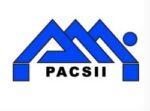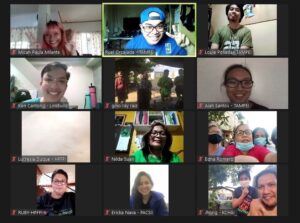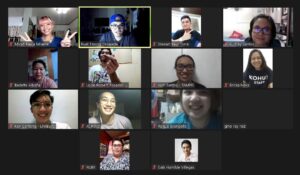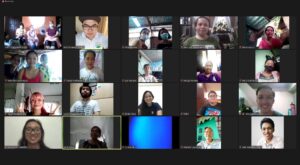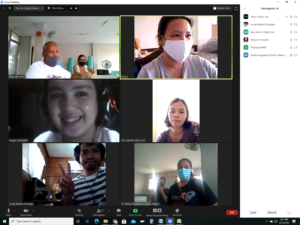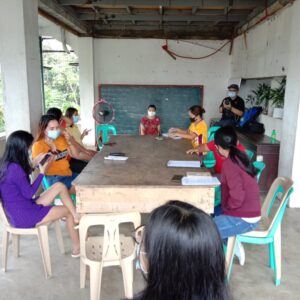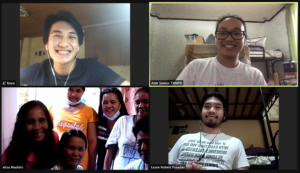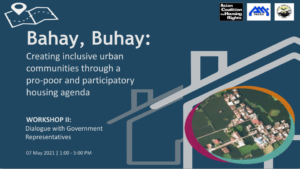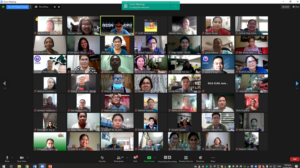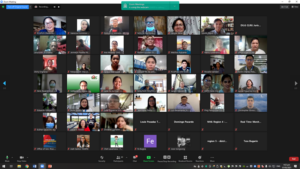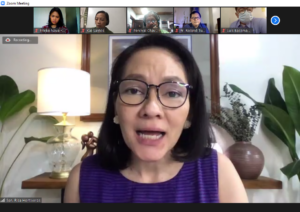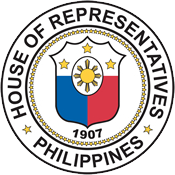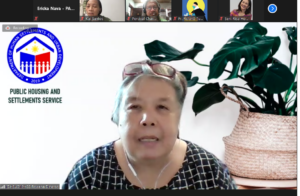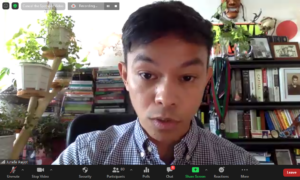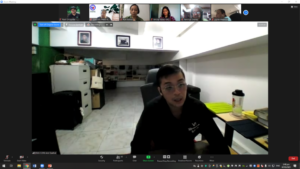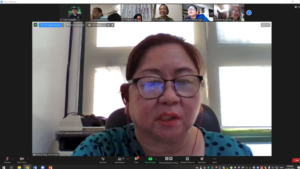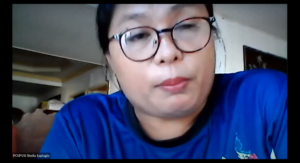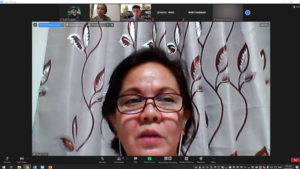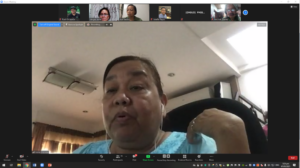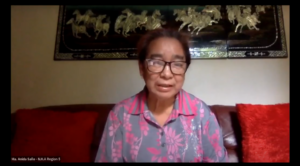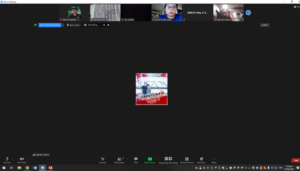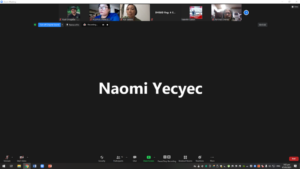National Projects
ACHR COLLECTIVE HOUSING PROJECT
Phase I: Research
Data Collection
From August to December 2020, the Philippine Action for Community-led Shelter Initiatives, Inc. and the Homeless People’s Federation Philippines, Inc. conducted research and documentation activities on a select number of Homeowners’ Associations (HOAs) that had diverse collective housing and land acquisition experiences. This research project comprised Phase I of PACSII and HPFPI’s Collective Housing National Advocacy Project which aimed to organize collective action toward addressing some of the gaps in current housing-related processes, policies, programs, and structures, with particular focus on the needs of low-income and informal settler communities implementing housing initiatives collectively.
Data Validation
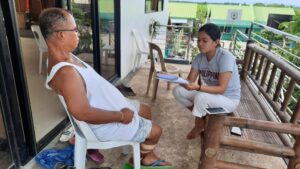
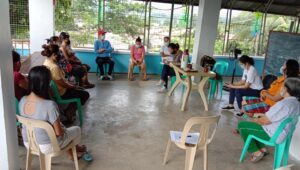
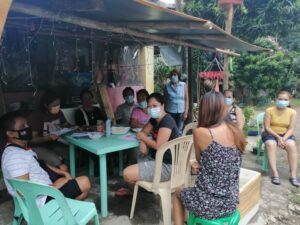
The results of the case studies were presented to HPFPI communities and other partner organizations within the Philippine Alliance to validate the findings of the research, provide them with an overview of the histories and contexts of the communities of the Federation, and situate the problems and issues communities faced while they were working toward land tenure security, essentially answering the questions of “where are our communities now, and how did they get here?” Building on the strategies and approaches of the communities of the Federation, the participants discussed what community initiatives on the ground can be mainstreamed into national policy, at what policy level they should be addressed, and the initial recommendations on how to address the issues identified and potential challenges to these recommendations.
The case studies that PACSII and HPFPI conducted showed that the Philippines has many enabling mechanisms that facilitate such collective housing processes, from the national all the way to the local level. However, despite these enabling mechanisms, HPFPI communities still faced many challenges in their quest for secure land tenure.
Using the information consolidated from the case studies on the collective housing experiences of HPFPI’s partner communities, as well as additional suggestions from HPFPI and its Philippine Alliance partners, PACSII designed the activities for Phase II of the national advocacy project.
Phase II: Advocacy and Action
Discussion-webinar with DHSUD
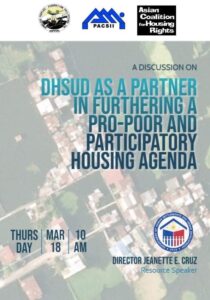
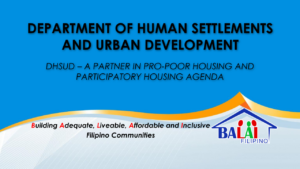
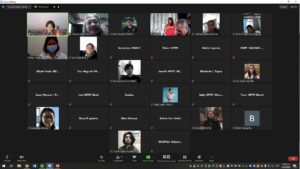
As part of the preparatory activities for the national workshops, PACSII and HPFPI conducted a webinar-discussion in March 2021 with the theme “DHSUD as a partner in furthering a pro-poor and participatory housing agenda”.
Linking the theme to the issues identified in the case studies, the discussion-webinar covered the following thematic areas:
- Structure: An overview of the powers and functions of DHSUD as a department, and what key changes there are vis-a-vis its old powers as HUDCC and HLURB;
- Issues: The priority issues and agenda of DHSUD over the next year particularly with regard to issues faced by low-income communities and beneficiaries;
- Approach: The key strategies of DHSUD to address housing-related issues faced by low-income members of the sector, and how it defines, operationalizes, and supports the community-driven/community-led approach.
DHSUD Finance Director Jeanette Cruz was the resource speaker of the event. With over 23 years of extensive involvement in the housing sector, the resource speaker was able to provide an insightful discussion of the advocacy and program opportunities for low-income and informal settler communities.
This learning session was then followed by three national workshops in which issues like the ones raised in the case studies and other similar challenges faced by urban poor communities with regard to housing and security of tenure were raised and discussed with different groups of stakeholders. The three workshops were designed to be sequential, with succeeding workshops building on the outputs and discussions of the previous ones.
Bahay, Buhay National Workshop 1
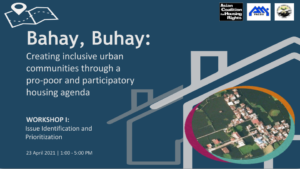
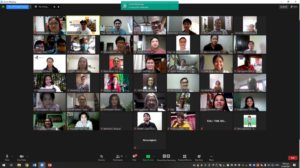
The first workshop, held on the 23rd of April 2021, was an expansion and extension of the work done by PACSII in the first phase of the project. The participants identified some of the most the common and prevailing critical issues that urban poor communities are facing related to housing, and the corresponding programs, policies, structures, and services that need to be maximized, improved, and/or amended to address the issues and gaps identified.
The event was attended by forty-three (43) representatives from non-governmental organizations, community associations, and urban poor coalitions involved in the housing sector from different cities and municipalities all over the Philippines: Caloocan City, Quezon City, Valenzuela City, Muntinlupa City, Pasay City, and the City of Navotas from the National Capital Region; Municipality of Rodriguez from Region IV – A; Albay from Region V, Iloilo City from Region VI, Mandaue City and Talisay City from Region VII, Davao City and Digos City from Region XI; and Kidapawan City from Region XII.
The main output of the CSO participants was the identification of six priority issue areas as well as recommendations for each identified issue. The six areas of concern are as follows: 1) Eviction and demolition activities, 2) Financing and affordability concerns, 3) Operationalization and implementation of the People’s Plan approach, 4) Resettlement process and location issues, 5) Legal and technical assistance needs, and 6) Housing bureaucratic process and requirements. These concerns and recommendations were then sent and presented to key government representatives in the second workshop.
Bahay, Buhay National Workshop 2
The second workshop was held on the 07th of May, 2021. The event was attended by participants from Workshop I who represented non-governmental organizations, community associations, and urban poor coalitions working in different parts of the country. Key participants from the government also attended the event and included representatives from the Office of Sen. Risa Hontiveros, Office of Rep. Francisco “Kiko” Benitez, the Social Housing Finance Corporation (SHFC), the Department of Human Settlements and Urban Development’s Public Housing and Settlements Service (DHSUD-PHSS), the Department of the Interior and Local Government’s Resettlement Governance Project Management Office (DILG-RG PMO), the local government units of Quezon City and Kidapawan City, and various regional offices of the DHSUD, the Presidential Commission for the Urban Poor (PCUP), and the National Housing Authority (NHA).
The facilitators of the workshop presented the priority issues and recommendations identified by the representatives from people’s organizations and non-governmental organizations during the first workshop to the local and national government attendees who then gave their response to the concerns and recommendations raised.
The participants discussed the opportunities and constraints with regard to the advocacy goals of the group, as well as the advocacy possibilities and limitations in the short-term and long-term.
Bahay, Buhay National Workshop 3
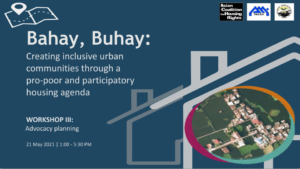
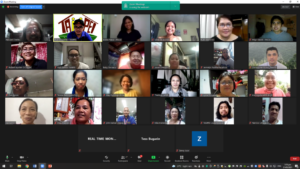
The third and last workshop was held on the 14th of May, 2021. Its objective was to establish a working mechanism of collaboration among urban poor leaders and other civil society organizations involved in the housing sector.
The group discussed the creation of six issue-based clusters who will work on addressing the six priority issues and advocacy goals identified in the first two workshops. The participants volunteered to become cluster leads and cluster members of these six clusters. While these clusters work in a more decentralized manner, the work of each cluster can and will overlap given the interconnected nature of the issues identified. As such, each cluster was given the leeway to invite other members of other clusters as they see fit, connect with more groups outside the participants of the workshop, and even convene the entire group again as needed.
The event culminated in the reading of a call to action and solidarity that looked back at the long history of struggle and success of the members of the urban poor sector in their quest for secure human settlements, and enjoined the participants to continue working for the protection of their rights to adequate housing and dignified living.
To view the summary report on the three Bahay, Buhay national workshops, please visit our Downloadable Resources page.
